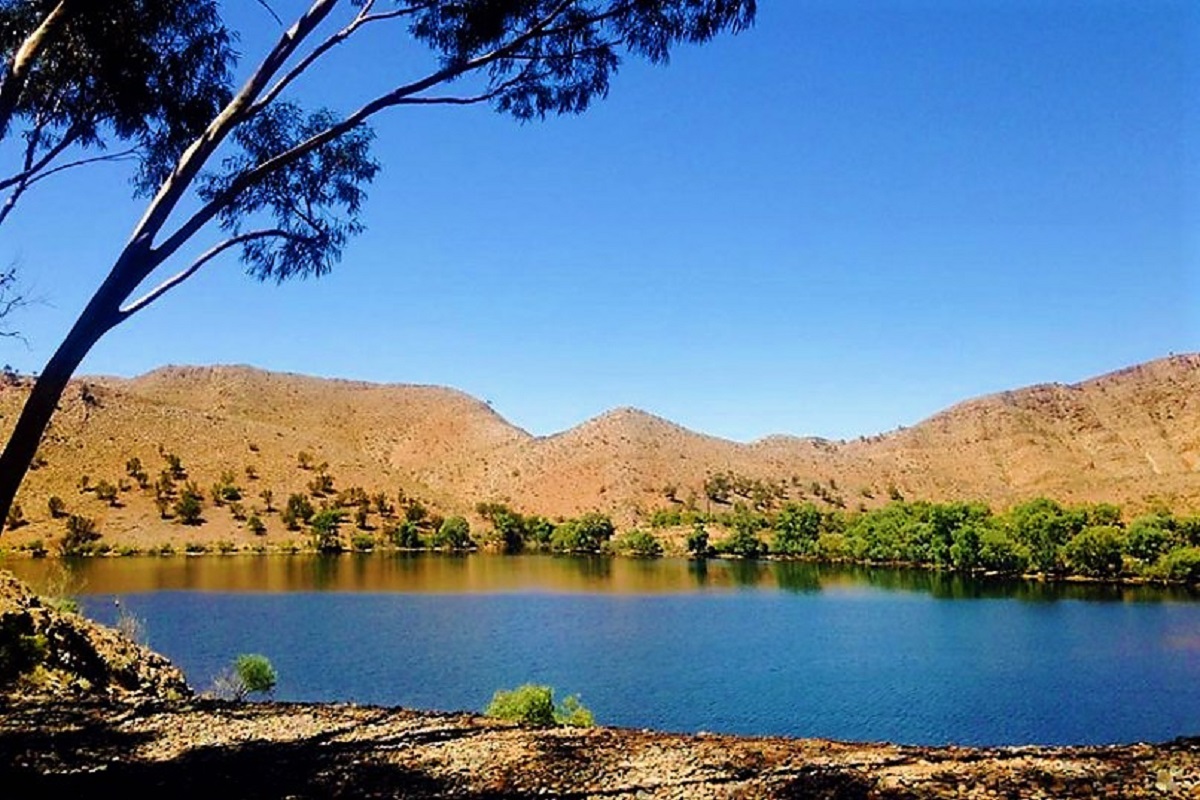
Flinders Rural Health SA is part of a national network celebrating 20 years of education and training success of future health professionals.
Professor Jennene Greenhill, from Flinders Rural Health South Australia, says links between the student workforce and local communities is key to the future sustainability of Australia’s rural health workforce.
“Our students are inspiring young people who reinvigorate our towns with their enthusiasm for learning,” Professor Greenhill says.
“We all benefit from innovative student placements when communities collaborate with universities and health services.”
Flinders University Rural Health SA is part of a national network of University Departments of Rural Health (UDRHs) and Rural Clinical Schools that fulfill an essential academic role and provide clinical education for the health system in rural and remote Australia.
Multidisciplinary UDRHs and RCSs were established in 1996 in non-metropolitan centres across Australia to focus on medical student training.
The network covers areas such as Broken Hill, Mount Isa, Launceston, Alice Springs, Darwin, Shepparton, Warrnambool, Whyalla, Renmark, Wagga, Wodonga, Kalgoorlie, Fremantle, Darling Downs and Cairns.
Two decades of government investment has ensured these training experiences are of a high quality, create a stream of students with a genuine interest in ongoing rural practice, engagement with the local community and has provided leadership in developing innovative solutions.
Imagine living in the outback, where you have to fly or drive thousands of kilometres to attend an important healthcare appointment in a capital city, well that could easily be the reality for those living in Australia’s remote communities.
But academic units based in rural and remote locations across the country are delivering clinical education and training for future doctors, dentists, nurses and allied health professionals to ensure travelling isn’t the only option for thousands of Australians.
who not only learn their trade in these regions, but end up returning or staying long term because they enjoy the experience so much.
Aboriginal and Torres Strait Islander health outcomes have benefited also with the embedding of students from similar backgrounds in communities.
Aboriginal and Torres Strait Islander representation has also increased markedly with 327 Indigenous medical students enrolled across all UDRHs and RCSs in the current academic year. There has been a total of 260 medical graduates since 2007.
A significant contribution by the Centre for Remote Health at Alice Springs, a joint initiative between Flinders University and Charles Darwin University, has resulted in the development and delivery of a graduate program in remote and Indigenous health.

